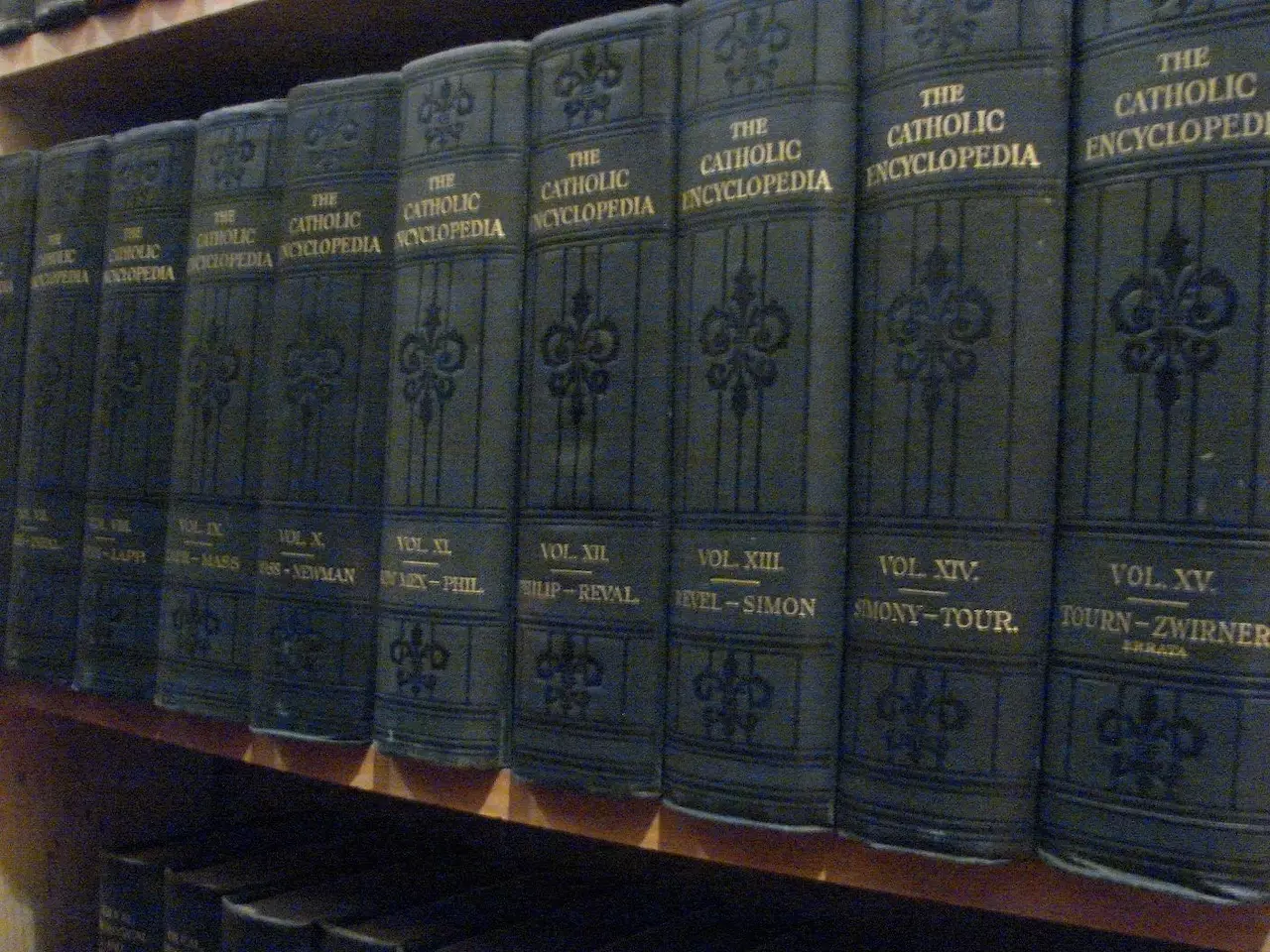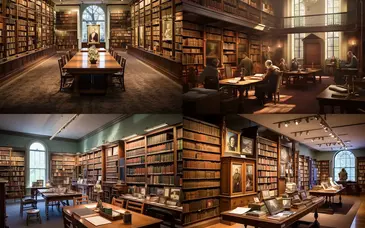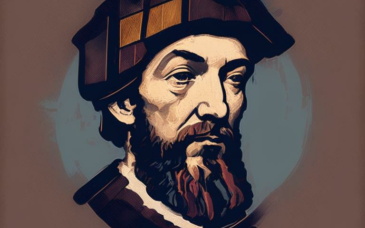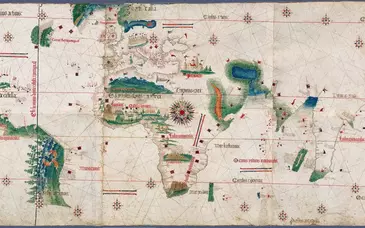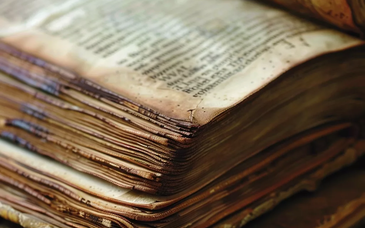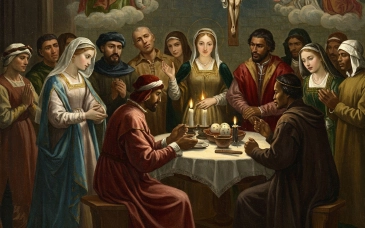The Catholic Encyclopedia stands as a monumental achievement in the realm of religious scholarship, providing an extensive and comprehensive compilation of knowledge related to the Catholic Church. First published over a century ago, this authoritative reference work has continued to serve as a valuable resource for scholars, theologians, historians, and anyone interested in delving into the intricacies of Catholicism. In this detailed post, we will explore the origins, content, and significance of the Catholic Encyclopedia.
Origins and Publication History:
The Catholic Encyclopedia was first published between 1907 and 1912, with its roots traced back to the late 19th century. Its creation was initiated by the then-editor of The Catholic World, Charles G. Herbermann, who envisioned a comprehensive and up-to-date reference work that would encapsulate the vast wealth of knowledge within the Catholic tradition. To realize this vision, Herbermann gathered a team of scholars, theologians, and experts from various disciplines to contribute to the encyclopedia.
The first edition comprised 15 volumes and contained over 11,000 articles covering a wide range of topics, including theology, history, philosophy, literature, and the arts. The project aimed not only to provide accurate and detailed information but also to serve as a means of clarifying Catholic teachings and dispelling misconceptions.
Content and Structure:
The Catholic Encyclopedia is organized in a systematic manner, adhering to a clear and logical structure. Each volume is dedicated to specific themes, allowing readers to navigate through the vast array of subjects with ease. The articles within the encyclopedia cover a broad spectrum of topics, ranging from the doctrinal and theological aspects of Catholicism to historical narratives, biographies of key figures, and discussions on various philosophical and ethical issues.
Notable Features:
- Authorship and Expertise: The encyclopedia boasts contributions from a diverse group of scholars, ensuring a balanced and thorough exploration of Catholicism. Experts in theology, history, canon law, philosophy, and other disciplines lent their expertise to create a well-rounded and authoritative resource.
- Catholic Perspective: The Catholic Encyclopedia provides a unique perspective on various topics, offering insights and interpretations grounded in Catholic doctrine and tradition. This adds a distinctive element to the information presented, making it particularly valuable for those seeking an in-depth understanding of Catholic teachings.
- Historical Significance: Beyond its immediate utility, the Catholic Encyclopedia holds historical significance. It reflects the intellectual climate of the early 20th century and serves as a testament to the dedication of the scholars involved in its creation.
Significance and Legacy:
The Catholic Encyclopedia continues to be a valuable asset for researchers, students, and individuals interested in the Catholic faith. While subsequent editions and online platforms have emerged, the original publication remains a foundational work that laid the groundwork for future endeavors in Catholic scholarship. Its legacy endures in the form of subsequent editions, digital archives, and the ongoing efforts of scholars to update and expand upon the wealth of knowledge it contains.
As we celebrate the 1-year birthday of this iconic reference work, the Catholic Encyclopedia stands as a testament to the enduring pursuit of knowledge within the Catholic tradition. Its meticulous scholarship, diverse subject matter, and historical significance make it a timeless resource that continues to shape our understanding of Catholicism. Whether utilized for academic research, personal enrichment, or spiritual exploration, the Catholic Encyclopedia remains an indispensable guide to the multifaceted facets of the Catholic faith.
